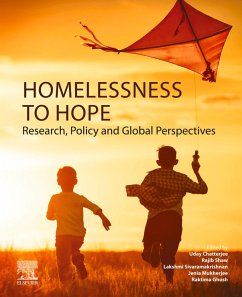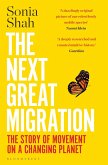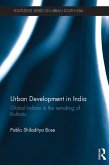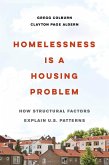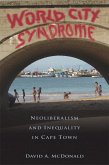The book uses cross-cutting theoretical framings (such as resilience, wellbeing, social-ecological systems, sustainability, urban planning, institutions, gender) and emerging discourses on homelessness to complement current empirical findings from around the world. It provides insights on diverse concepts, meanings, perceptions, identities, and values concerning homelessness across rural and urban settings to promote a comprehensive understanding. In doing so, the book critically addresses the limits of contemporary discussions on homelessness, eviction, and poverty. Broadly, the authors explore the causations and processes of homelessness to shed light on physical, social, ontological, territorial, and cognitive facets of homelessness at both local and regional contexts across the world. Furthermore, the book lays a strong focus on viable transitions through identifying, comparing, and advocating for inclusive, collaborative, actionable measures and policies.
This volume is a useful guide to the students, researchers, practitioners, and policymakers interested in expanding their understanding on homelessness as well as formulating effective pathways for improvements or change.
- Features contributions from interdisciplinary researchers involved with ethnographic, historical and sustainability research across the plane of social sciences: sociology, human geography, history, economics, psychology, development studies, population studies, South Asian studies, and political science
- Builds upon the current scholarship on homelessness, focusing on high-, medium- and low-income countries of the world, tracing out the commonalities, variabilities and interconnections within the processes and contexts of homelessness across nations
- Adheres to a solution-focused approach, emphasizing collaboration among practitioners, activists, grass-roots organizations, and researchers in designing action-oriented pathways
Dieser Download kann aus rechtlichen Gründen nur mit Rechnungsadresse in A, B, BG, CY, CZ, D, DK, EW, E, FIN, F, GR, HR, H, IRL, I, LT, L, LR, M, NL, PL, P, R, S, SLO, SK ausgeliefert werden.

